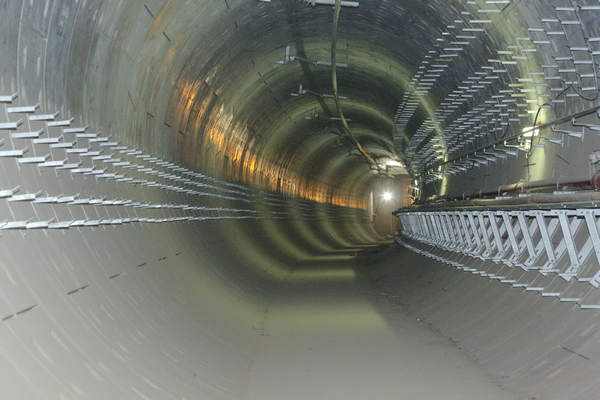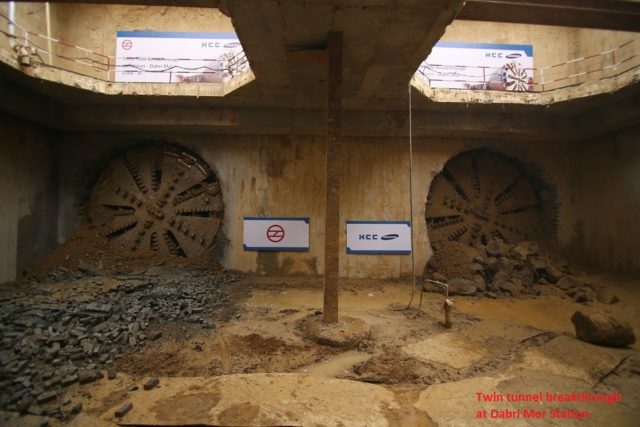4 finalists under the sign of transportation

November 13-16 2017 will see leading international specialists in the global tunnelling sector attend the AFTES Congress in Paris which will include a special one-day event on November 15th. This day will be dedicated to the presentation of the finalists, followed by a banquet and the ITA Tunnelling Awards ceremony.

Launched in 2015 by the International Tunnelling and Underground Space Association (ITA-AITES), the first two ITA Tunnelling Awards events attracted more than 450 attendees and 200 entries. Several months prior to this event, judges scrutinise these applications to select a list of finalists for each of the nine categories.

One of these categories must be highlighted as it comprises mammoth projects with a budget over €500m. The “Major project of the year” category must also be highlighted this year, because all the finalists have developed transportation projects in big cities.
- Delhi Metro Phase 3 Expansion Networks (India) : Safety first for “THE” mega project in India

“Safety First!” was probably the leitmotiv of the metro phase 3 expansion project in Delhi.
This project is one of the most ambitious underground construction work for India as it comprises of 106 km of tunneling with 34 stations having to cope with numerous technical challenges such as unforeseen geological conditions, densely populated areas…
For 5 years, and thanks to many safety initiatives, the accident occurrence rate has been reduced which has led to a Lost Time Injury Frequency rate (LTIFR) of less than 0.02 in Phase – III compared to 0.19 in Phase – II.
Internal monitoring through site inspections and safety management initiatives such as Safety Trainings, Weekly Site Safety Walk & Monthly Safety Review meetings, were organized in
When operational, the project will reduce vehicle greenhouse emissions to approximately 3.1 million tons per year. Fuel consumption will be reduced to 141,353 thousand litres/ year.
Cost: €4.2bn
